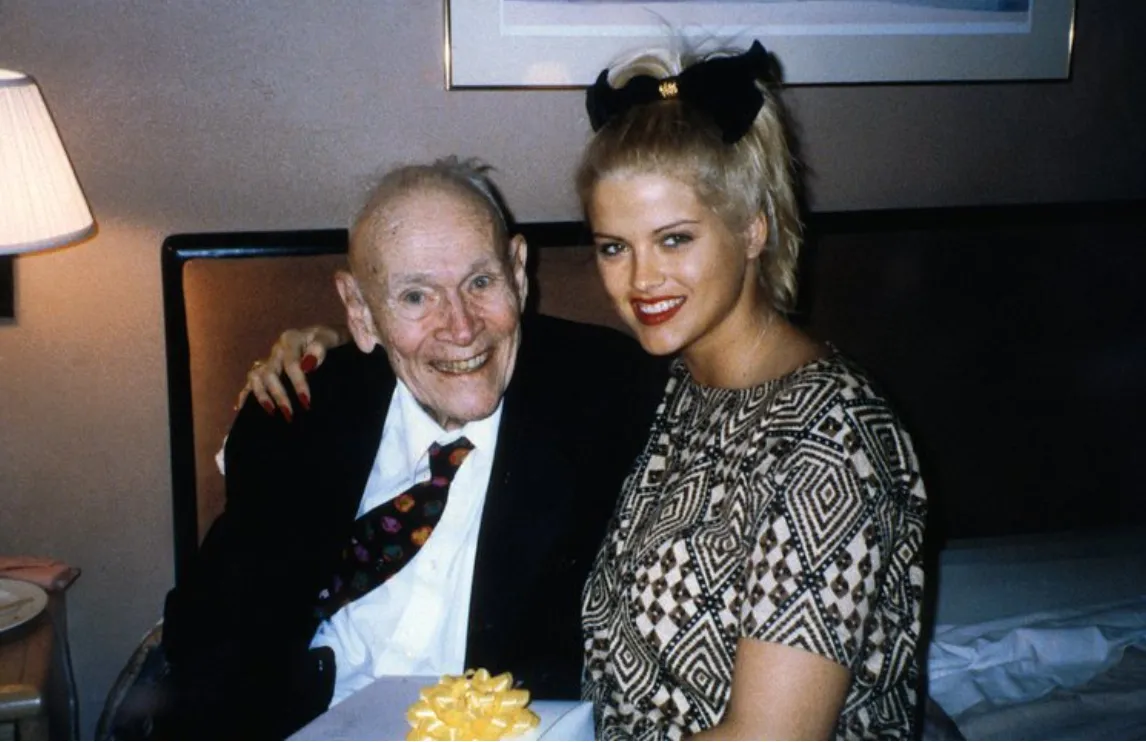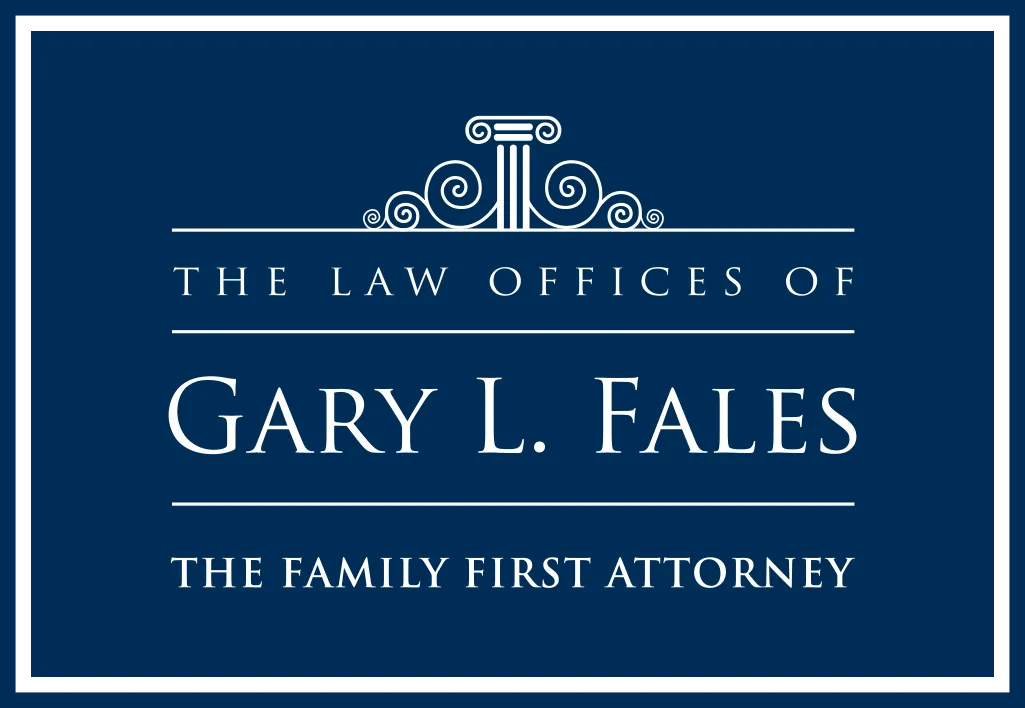Articles

How to Stop Gold Diggers
The other day I was asked why I require the surviving spouse to sign a prenuptial agreement upon remarriage. When I explained the answer, the husband and wife looked at each other and said, “Oh, we’ll never get remarried if one of us dies.”
It is for these types of people that I started using remarriage protection provisions. If a person never thinks they will remarry they probably will be the most vulnerable to someone making strong advances. Even for those who admit the possibility, you are the most vulnerable after the death of a spouse. Gold Digger planning guarantees three things:
If the Gold Digger dies, your spouse doesn’t have to deal with the Gold Digger’s kids.
If your spouse dies, the Gold Digger can’t run off with the money and disinherit your kids.
If your spouse and the Gold Digger get a divorce, the Gold Digger can’t run off with ½ of the assets.
If you die and your spouse remarries, sooner or later the assets are going to get comingled. The longer the marriage, the more likely the assets will become joint or community property. The more aggressive the Gold Digger, the more likely this will happen over a short period of time. The Gold Digger can be very manipulative. The surviving spouse is looking for an emotional rebound. When comingling happens, the character of the assets changes from separate property to marital or community property.
I had an old friend of the family call me to tell me his mother died. The neighbor lady was at the funeral and within 3 weeks they were engaged to be married. The son was calling me because she said she would sign a prenuptial agreement. As a young attorney, I made the mistake of preparing the prenuptial without getting paid first (I won’t make that mistake again—I was fresh meat for the Gold Digger).
He also had me prepare a trust, and it was one of those situations where I had to drive to the city to do the signing. While we were signing the trust, the Gold Digger came out and sat at the table. She saw the prenuptial agreement on the table and, pointing to it said, “is that the prenuptial”?
“Yes,” I replied, trying to sound confident but not overbearing. She turned to my client’s father and asked him why she would humiliate her by making her sign a prenuptial agreement. She wanted to know why he didn’t trust her and why he would ask her to marry her if he didn’t love her.
He tried to explain it wasn’t about love or trust but that it was something he needed to do to make his kids more comfortable.

She turned to me and asked me if I knew how to disinherit children.
“Naturally,” I said (the truth is it happens all the time in my practice). She then said she couldn’t go forward with the marriage knowing that his son was so against the marriage and was so hateful that he would make his father sign a prenuptial agreement. She not only refused to sign the prenuptial but said when he died she was to receive everything for her loyalty.
He then asked me to strike his children out of the trust and give it all to her. Needless to say, the son never did see that I was paid.
There are several lessons in this example. The father never expected he would get remarried or that if he did that he would be engaged so quickly. My actual real life examples always involved the wife dying and the men getting remarried. It is something about their DNA.
The son was on the right track by attempting to get a prenuptial signed. The agreement stipulated that all the property was separate, all the income was separate and that there could be no accidental commingling. In other words, if her name did get on a deed or on a bank account, that did not change the fundamental character of the property—it was still his separate property. The only way to transmute it to marital or community property was for them to sign a separate addendum to the prenuptial. So the prenuptial is the answer, but it’s impossible to get them signed unless…
My Gold Digger planning is simple: REQUIRE the surviving spouse to sign a prenuptial agreement or else they lose control of the assets. The trust is designed with a poison pill provision—a provision that you and your spouse agree to while they are both alive. The provision is dormant and has no ramifications unless you die and your spouse goes to get remarried. Then, like a poison pill you swallowed years ago, the potent provisions kick in.
The provision is worded in the negative: if you get remarried you lose control of all the assets unless you sign a prenup with the provisions outlined above. By you and your spouse agreeing to it before either one of you dies, there is no embarrassment when asking the Gold Digger for the prenuptial agreement. It wasn’t done with that particular Gold Digger in mind (well, maybe but that’s not what you tell the Gold Digger), so it’s not about love or trust. It’s about something you agreed to do while your spouse was alive and there’s nothing you can do about it now.
I’ve always been able to get my client’s fiancé to sign a prenuptial agreement when there is a provision in the trust requiring it. The converse is also true: I’ve never been able to have a client get a prenup after his/her spouse died and now there is a remarriage.
So when my clients tell me that they will never get remarried, I tell them that is not a statement they can guarantee; whereas, in my life, I never have to worry about it because my wife, my children and I are protected.


